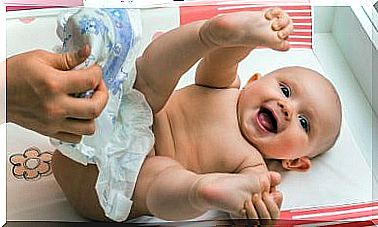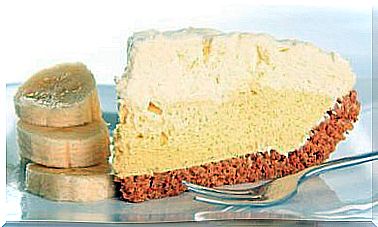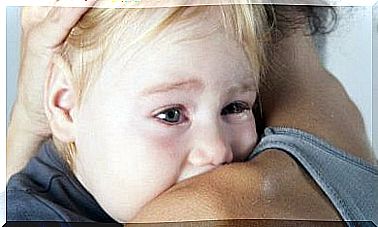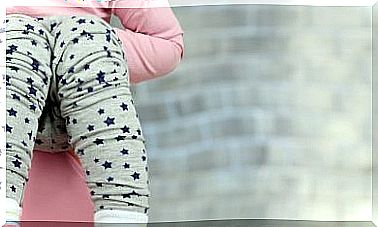Children’s Whining: For Real Or Manipulation?

When children whine, it is a way for them to channel their frustration when they lack the ability to solve a problem. Whining is often used as a means of expression in uncomfortable situations.
However, it is important to remember that whining can also be a tool that children use to manipulate their parents.
When whining begins, it is important to correct the behavior at once. A “whiny” child is at greater risk of becoming a victim as an adult – that is, a person who is convinced that nothing will ever go their way. Then they may have difficulty solving their own problems.
Whining becomes a common behavior after the age of five. From that age, children often try to use it as a tool to avoid responsibility. The most important thing during this phase is how parents handle the little one’s complaint.
Motivated whine
It is difficult for children to express their feelings. This is why they often whine to let you know how they are doing.
Motivated whining or complaining means that they have a reason to do so. For example, when whining is due to physical discomfort or dissatisfaction due to bullying or other valid reasons.
When children complain, it helps them to express their dissatisfaction with the situation. Parents can use it as a powerful resource to find out how their children feel about a particular situation. Motivated whining can provide space for conversation between parents and their children.
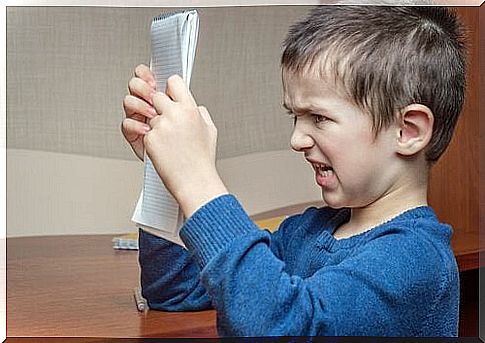
Whining as a form of manipulation
In most cases, children whine to achieve something. Constant whining accompanied by outbursts of rage and screaming can be their way of forcing their parents to give them what they want.
When they whine in these circumstances, it is something they use to manipulate their parents, who try to avoid conflict at all costs.
When children whine, it is usually their way of dealing with change, and also of measuring their influence. Educating your children about good behavior can prevent whining from becoming a habit that they take with them into adulthood.
How to deal with a child who whines excessively?
An effective way to control a child’s whining is to find out its origin. When there is no real reason for their whining, it is best to just keep calm. Although there is no magic formula for making children stop whining, the following suggestions may be helpful:
- Answer your child once. When whining is used as a tool for manipulation, children may whine repeatedly. The first complaint is usually the only one based on real discomfort.
- Look for the origin. Why is your child whining? Does he have real reason to do so? These questions can help you see the whining through an objective lens.
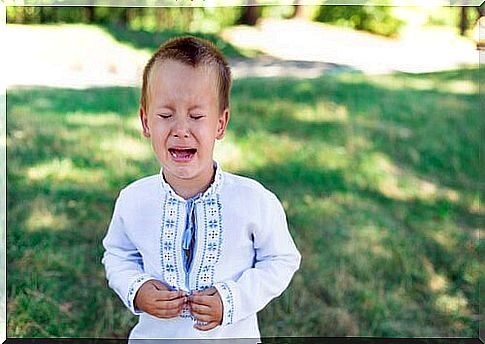
- Do not give in to your child’s manipulation. When your child tries to manipulate you, do not give in to her demands. If the child realizes that you will give in if she whines enough, she will whine even more.
- Ignore the rage. If your child’s whining is accompanied by an outburst of rage, it’s best not to react right away. Wait until the baby calms down before correcting the behavior.
The effects of whining
Some specialists claim that whining can have negative effects on the brain. Constant whining can slow down brain function. Just 30 minutes of whining is enough to affect the brain.
Whining can also cause depression, as it encourages negative repercussions such as low self-esteem, insecurity and inability to overcome challenges. This is why people who constantly complain in certain cultures are considered toxic people.
Too much whining can therefore have a negative impact on your child’s personal and professional development.

